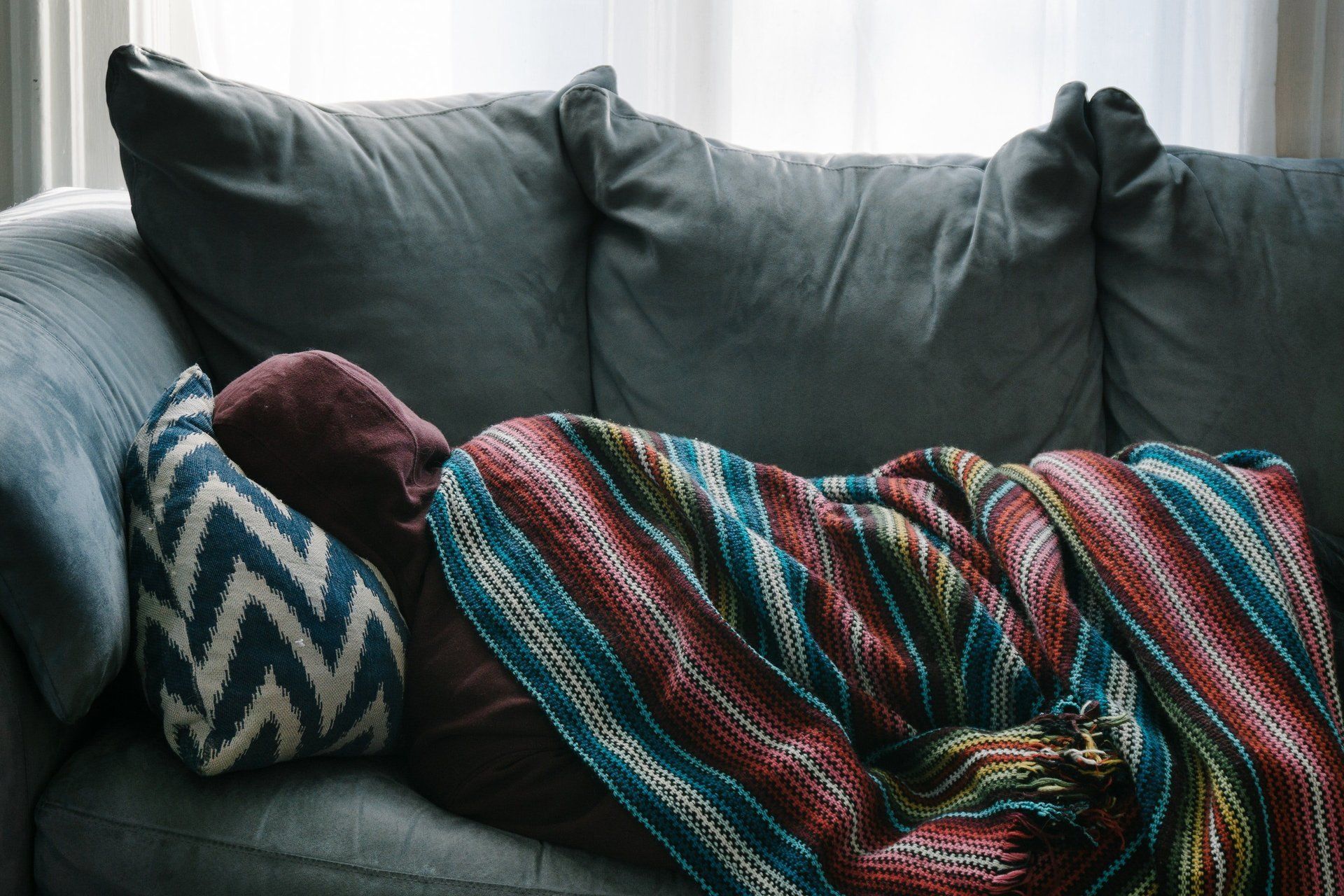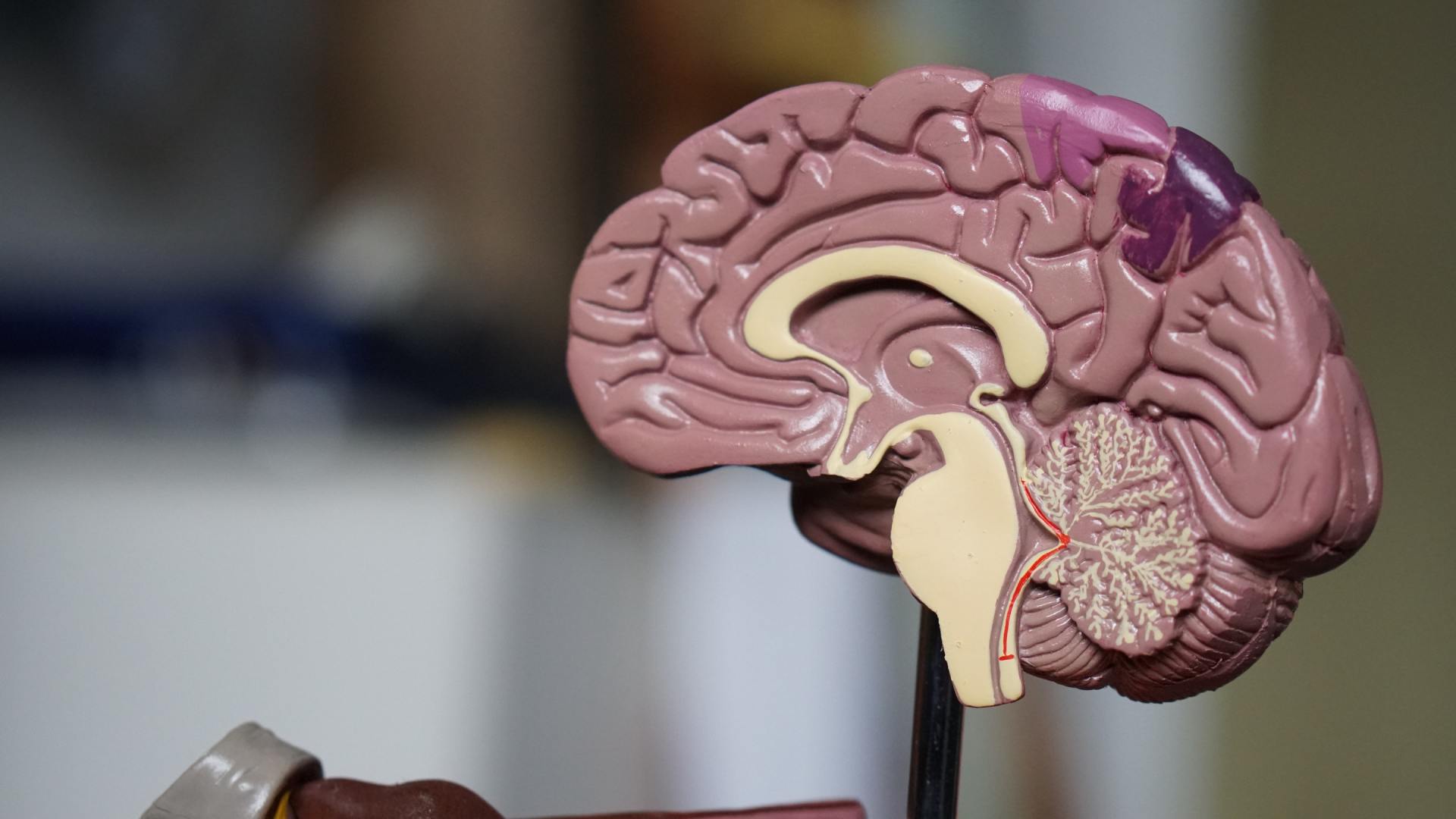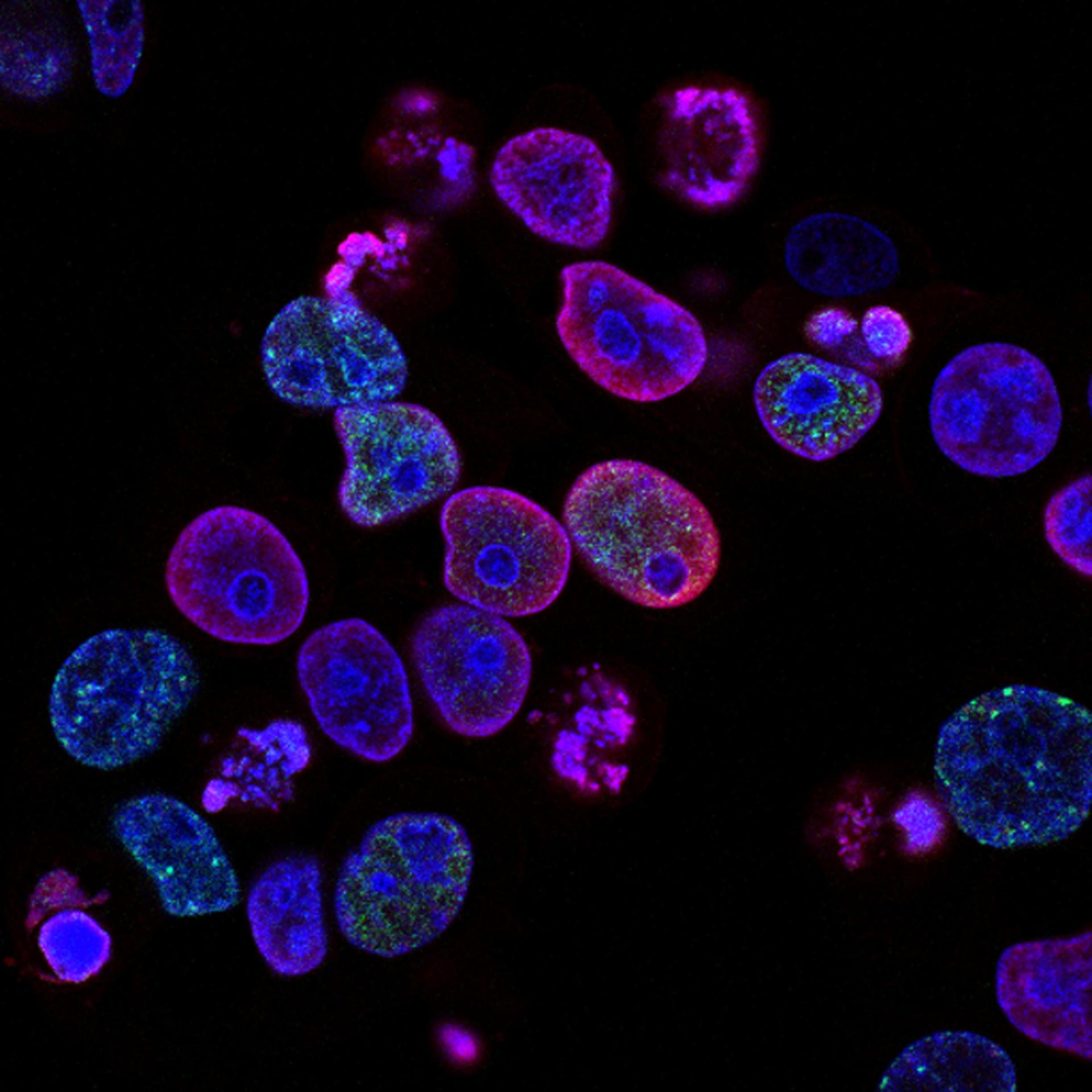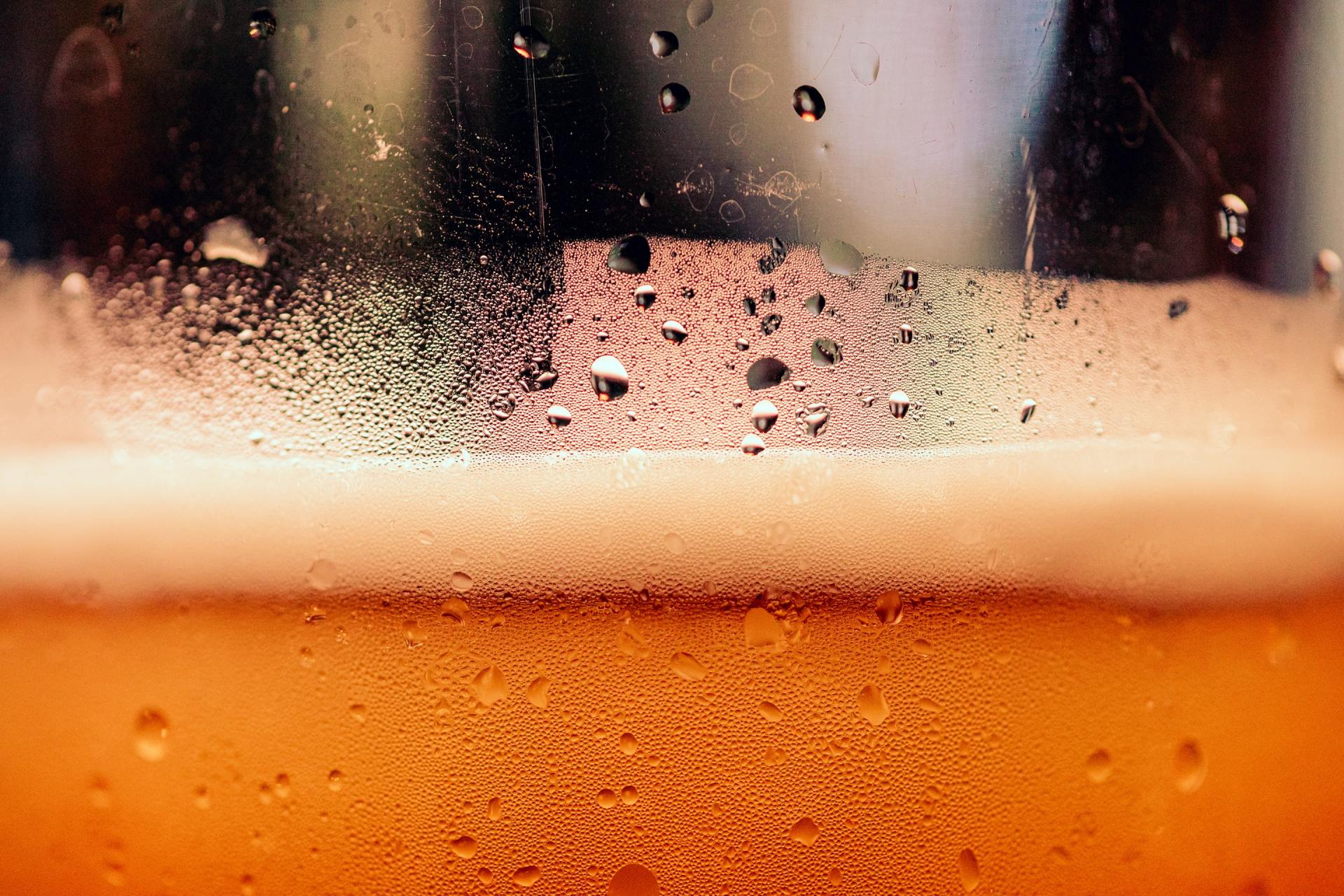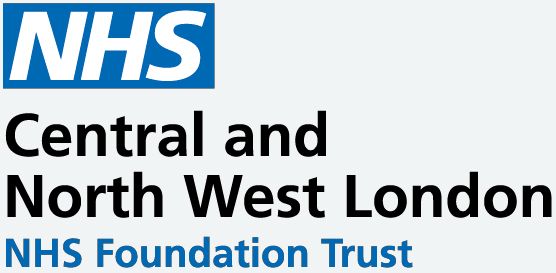Alcoholism
It is sometimes useful to know the difference between alcohol abuse and dependence.
People who abuse alcohol drink too much on occasion and their drinking habits often result in risky behaviour and poor judgment but they have some ability to set limits on their drinking whereas someone who is alcohol dependent , will also exhibit a physical dependence on alcohol.
Symptoms of alcoholism:
Tolerance
Basically tolerance means that, over time, you need more and more alcohol to feel the same effects.
Alcohol Withdrawal Syndrome (AWS)
When you drink heavily, your body gets used to the alcohol and experiences withdrawal symptoms if it’s taken away. You may find that you drink to avoid or relieve these feelings.
Withdrawal symptoms include:
- Anxiety or jumpiness
- Shakiness or trembling
- Sweating
- Nausea and vomiting
- Insomnia
- Depression
- Irritability
- Fatigue
- Loss of appetite
- Headache
In severe cases, withdrawal from alcohol can also involve hallucinations, confusion, seizures, fever, and agitation. These symptoms can be dangerous, so please seek advice before trying to cut down or stop drinking. If you have severe AWS symptoms, it’s a medical emergency and you must call 999.
You’ve lost control over your drinking.
You often drink more alcohol than you wanted to, for longer than you intended, or despite telling yourself you wouldn’t.
You want to quit drinking, but you can’t.
You have a strong desire to cut down or stop your alcohol use, but your efforts to quit have been unsuccessful.
You have given up other activities because of alcohol.
You’re spending less time on activities that used to be important to you (hanging out with family and friends, going to the gym, pursuing your hobbies) because of your alcohol use.
Alcohol takes up a great deal of your energy and focus.
You spend a lot of time drinking, thinking about drinking, or recovering from its effects. You may also only interact socially when alcohol is involved.
You drink even though you know it’s causing problems.
For example, you know that alcohol use is damaging your marriage, making your anxiety worse, or causing health problems, but you continue to drink anyway.
What can I do if I think I'm alcohol dependent?
If you are alcohol dependent you will generally require outside help to stop drinking, which could include detoxification, medical treatment and other forms of professional rehabiliation. You can call us or talk with your GP to determine the best course of action for you.
If you’re worried about someone else’s drinking it is important to have as much information as possible before you speak to them about your concerns. You can call us for advice or there is further information here.
